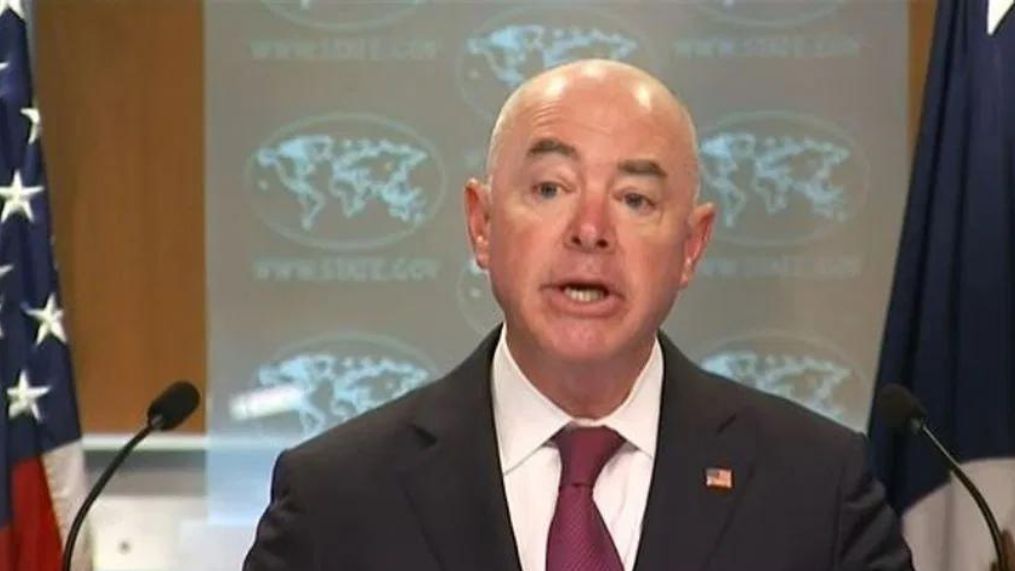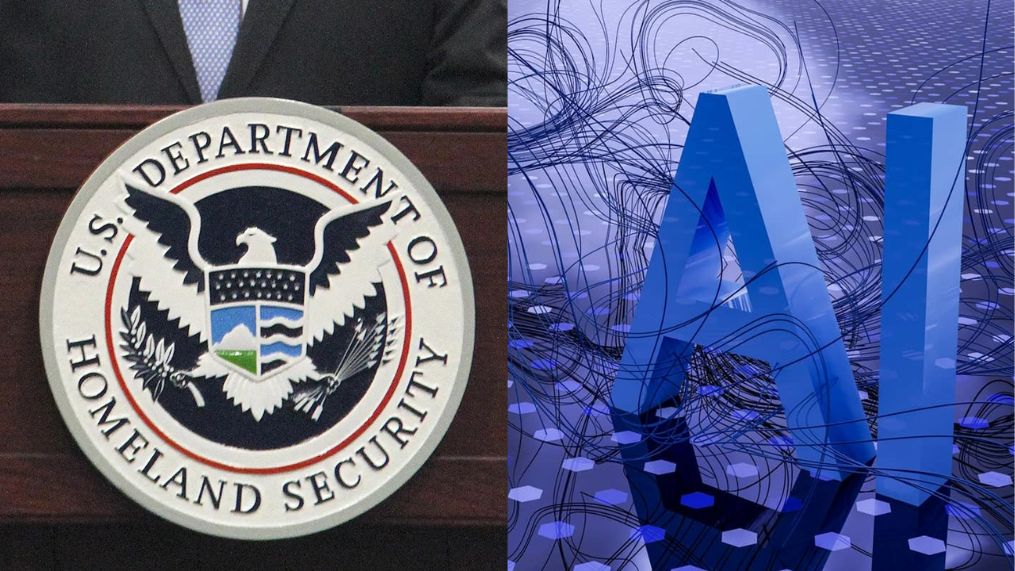The Department of Homeland Security (DHS) is implementing artificial intelligence (AI) to streamline the training of officers responsible for assessing refugee status applications in the United States, Secretary Alejandro Mayorkas announced on Tuesday.
Mayorkas explained that the traditional training process is labor-intensive, usually involving senior personnel.
In this new pilot program, DHS is utilizing AI to simulate refugee behavior, enabling officers to practice interview techniques more efficiently.
Refugee applicants often hesitate to fully disclose their traumatic experiences, making it challenging for officers to accurately assess their situations.

By training the AI to exhibit similar reticence and other characteristics of applicants, DHS aims to better prepare officers for real-world scenarios.
These initiatives build upon earlier AI projects announced by DHS. The department plans to develop an interactive application that supplements immigration officers’ training by leveraging generative AI, which generates new content based on existing data.
This AI program, developed by the United States Citizenship and Immigration Services, tailors training materials to officers’ specific needs, enhancing decision-making accuracy.
It’s important to note that while AI will assist officers by providing country-specific information and other relevant data, it will not autonomously make immigration decisions.

Mayorkas also highlighted the department’s use of AI in more advanced applications, such as identifying anomalies caused by commercial trucks and passenger vehicles during border crossings.
By leveraging AI technology, DHS aims to enhance its ability to detect smuggling attempts, particularly concerning the trafficking of fentanyl and other illicit contraband into the United States.
This pilot program underscores DHS’s commitment to leveraging innovative technologies to improve operational efficiency and enhance national security efforts.
Through the strategic implementation of AI, the department aims to address various challenges in the immigration process while ensuring rigorous standards and adherence to legal protocols.




